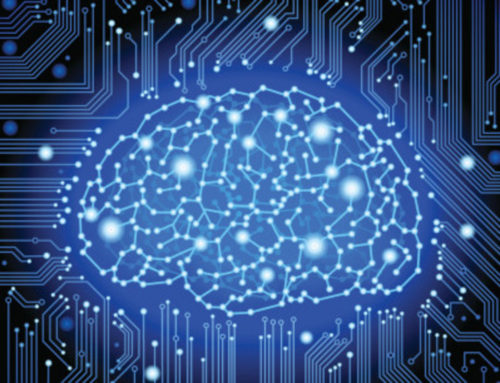by Marina Spanou
Machine translation is a very popular subject in the language industry, and, perhaps even more importantly, it is attracting increasing interest from the investor and startup world. What is machine translation after all? A friend or a foe? Something out of a science fiction movie or the new technology around the corner? And what does this all mean for professional translators and the translation industry as a whole?
A few months ago I attended the Interpretation and Translation Conference in Hilversum. There were many interesting presentations and discussions on several hot potatoes in the sector. However, in line with the increasing tendency in translation conferences lately, there was a definite emphasis on translation technology and tools. The conference included a “CAT fight” between three different translation tools, presentations by Lilt (which I must admit I really liked) and Matecat, two of the newest translation tools in the market, and a fascinating speech by TAUS founder and tech lover Jaap van der Meer, in which he outlined his forecast about the future of the translation profession (spoiler alert: it’s not looking good for human translators). Even the keynote by FIT’s President included a subtle reference to machine translation and how in his view it will never replace humans.
This emphasis on translation technology and the increasing number of translation and interpreting tools launched by both “dinosaurs” in the sector, such as Google, and new startups such as Lilt, goes to show that machine translation is now hotter than ever. More and more new technology is being developed and the old one –such as Google Translate– is being improved at an astonishing pace. The intentionally provocative title of TAUS’s blog “The future does not need translators” says it all: what will be the role of translators in the future and what should we all do about it?
This question is highly controversial: there are always those who hate technology and vehemently declare it will never, never, NEVER replace humans (but how can one be so sure when Google’s AI recently beat the World Go Champion?) and those who insist we all change professions because human translation will soon be a thing of the past. I must admit I’m somewhere in the middle: I don’t believe we should all engage in a campaign against machine translation and further research in the sector, and even if we did, I don’t think it would work. On the other hand, I do believe that humans will only be completely taken out of the equation once AI is in full swing, and by then so many other jobs and professions will have become obsolete that the loss of translation jobs will be a drop in the ocean.
So what do we do in the meantime? First of all, I think we can all agree that this newly awakened interest in translation technology proves once more that demand for translation services is increasing in our globalised world—at a pace that soon won’t be manageable by human translators. Until we are all replaced by machines and ruled by our AI overlords, I think it’s essential we translators try to keep pace with the developments. This doesn’t mean we have to buy all the CAT tools in the market or that we should start using machine translation in our assignments; we just have to admit that we can’t stop the course of technology, as it’s always moving at a pace faster than we can even get accustomed to. Unless you are one of the lucky ones who only translate novels and poetry from a secluded hut in the countryside, invest in a decent CAT tool and learn it well. And perhaps start thinking about whether you are willing to do post-processing, as this trend is definitely on the rise. If you aren’t, perhaps you should start thinking about what role you’d like to play in the future of the sector. But no need to panic just yet: as demonstrated by plenty of videos and articles around the web, machine translation should still only be used to get the general meaning of a text or phrase. Just like you wouldn’t ask a machine to develop your new marketing campaign or do your heart surgery, you shouldn’t ask Google Translate to do your translations.

